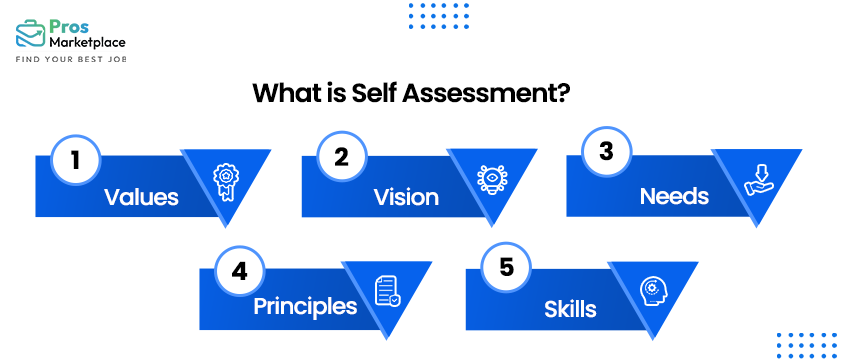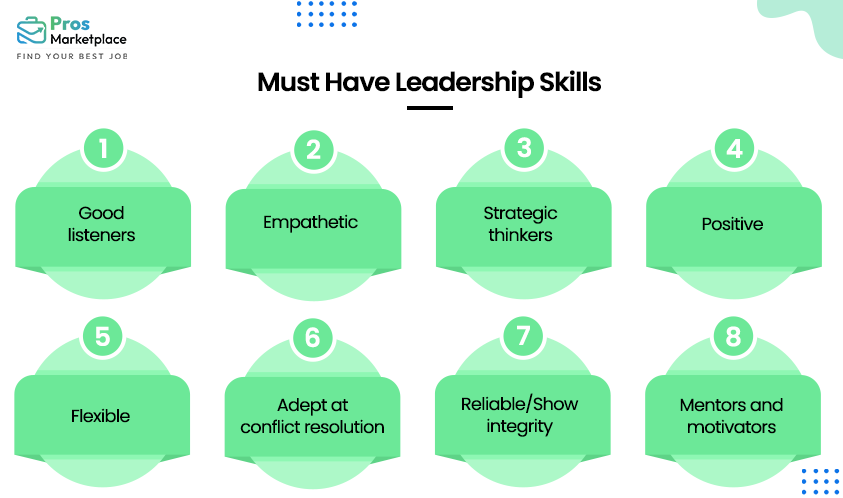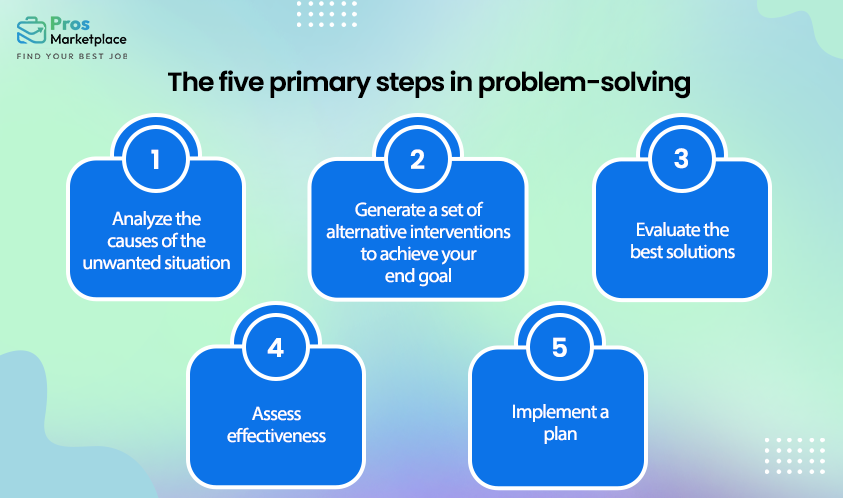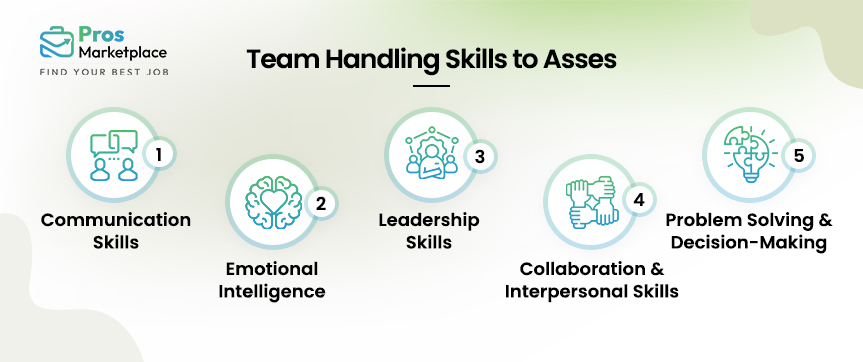Surviving in the current market calls for continuous improvement as the competition in the industry is increasing like never before. So employers are looking for cost-saving alternatives and some are even taking drastic methods like layoffs.
The only way to survive these dynamics is to give your best and highlight your skills to establish your value proposition. Employers now want workers who are willing to go the extra mile and are excellent at their expertise.
So, understanding your skills, weaknesses, and strengths is important if you are in a leadership role or planning to get one. This is where self-assessment comes into play. Read below to know more about it:
What is Self Assessment?

Employers use many techniques to ensure their employees are doing their best for their growth; self-assessment is one of the common strategies. Many times in your professional journey you will find yourself being questioned about your position and skill set.
That is why understanding top examples of leadership assessment comes in handy for career growth.
You should be aware of your contributions and challenges to grow in your professional journey.
Although it is an essential process some people find it hard and confusing. Therefore knowing the right focus areas and phrases can help you give the right answers that can positively affect your professional journey
What are the Most Important Leadership Skills?
Knowing yourself is one of the most important traits of a good leader. Employers prefer candidates with higher self-awareness because they are familiar with both their strengths and weaknesses. This makes them more open to positive feedback and growth opportunities.
Here are some examples that will help you come up with the right responses in your review if you are looking to improve your self-awareness in a leadership role. Good leaders need several skills and attributes if they are going to be effective in the role.

Top Examples of Leadership Assessment
Effective leadership self-assessment demands a systematic approach. Firstly, spotlight important leadership milestones and their transformative impact on the team. Secondly, evaluate problem-solving and decision-making aptitude by reflecting on experience with complexity and well-informed choices. Lastly, talk about the key areas you want to grow, be it increasing creativity, decision-making, or working on task delegation skills
Leadership Skills Self-Evaluation Examples
Leadership skills are essential for personal growth and team success. Assessing these skills involves reflecting on your actions as a leader and understanding their impact on your team. Consider these questions:
- What leadership accomplishments can you show?
- How have you mentored or inspired your team members to excel?
1. Problem-Solving

People often face many problems when working on any task. The ability to meet these challenges with skill and technique separates great leaders from others but also resolves potential problems before they escalate.
This involves the integration of vision, critical thinking, and resourcefulness. Analytical thinking allows managers to understand existing problems better so they can develop effective solutions.
Leaders must be able to express ideas clearly. This helps them collaborate with team members, and facilitate discussions to generate ideas and understanding.
Further, since not all solutions produce the desired results, setbacks are inevitable in this process. Leaders must remain calm in the face of challenges, learn from failures, and adapt their approach to overcome challenges. This promotes success for the team to advance.
By developing problem-solving skills, leaders can easily tackle difficult tasks, and turn obstacles into opportunities to encourage growth. Here, you can talk about:
Examples:
Question: How have you tackled complex problems in your role?
Example 1: I always performed the following steps while handling a difficult task: analyzing the problem, dividing it into subtasks, and engaging team members. This contributed to the decrease in the project’s timeline of approximately 20%.
Example 2: I want to ensure that all of the decisions I make concerning project implementation are rational. I have a clear understanding of the pros and cons of each step by conducting extensive research.
Key Areas For Improvement for Problem-solving Skills
Example 1: Concerning routine problem solving I do rather well. However, I am constantly on the lookout to enhance my creative thinking.
Example 2: Sometimes it takes me time to make the correct decisions. Although I know that minor delays may happen in the whole process; I am working on making faster and more efficient decisions.
2. Decision-Making
Leaders often face difficult choices that impact their teams, organizations, and stakeholders. Good judgment weighing risks and benefits to choose the most appropriate course of action. It involves choosing smart strategies that are consistent with the organization’s goals and principles.
Managers must weigh many factors when making decisions, including financial consequences, ethical concerns, and long-term benefits. Make suggestions and seek input from stakeholders.
They must analyze data, identify patterns, and measure the likelihood of different situations. This rigorous evaluation helps managers make the right and proven decisions. Learning and constantly improving your decisions is important for personal and professional development. This helps leaders to confidently deal with uncertainty, foster innovation, and foster trust and confidence among their teams and stakeholders.
Question: Throw light on your Leadership Skills
Example 1:
In my previous role, our client’s requirements changed abruptly, jeopardizing the project timeline and budget. I initiated a team meeting to brainstorm potential solutions. After carefully analyzing the situation and considering various options, we devised a revised project plan that accommodated the changes while minimizing the impact on resources and deadlines.
Example 2:
When confronted with a substantial decline in website traffic attributed to alterations in search engine algorithms, I assumed leadership of a cross-functional team. Our objective was to investigate alternative marketing avenues and tactics. Through collaborative brainstorming sessions and thorough market research, we pinpointed emerging social media platforms as an untapped opportunity. Leveraging this insight, we devised a targeted social media campaign that not only restored website traffic but also yielded new leads and bolstered brand visibility.
Areas for improvement in leadership skills
I seek out challenging projects or assignments that require me to think strategically and creatively. I am actively seeking opportunities to refine my problem-solving skills. This can strengthen my ability to tackle complex issues effectively.
3. Team Handling Skills

Effective leadership consists of a variety of skills that will guide teamwork and achieve common goals. Team management includes communication, problem-solving, motivation, collaboration, thinking, and reasoning. These are important for building a cohesive team and doing well.
So leaders should divide tasks accordingly. This creates an environment where everyone feels valued and encouraged to do their best. That is why open and consistent communication is important. This ensures equality and understanding between partners and supports trust and cooperation. Resolve conflicts, mediate conflicts, and find solutions.
By encouraging open discussion and respect, conflict can become an opportunity for growth and learning within the team. Leaders must recognize and reward individuality and achievement, provide feedback, and create a positive work environment that enables innovation and high performance.
Question: Please describe your team handling skills
Example 1: I managed a cross-functional team in a complex project. We were able to achieve a 30% improvement in project throughput efficiency and a 15% cost saving.
Example 2: I work closely with my colleagues and provide support to them, and with my help, the performance of my team increased by 20% this year!
Question: Discuss your areas for Improvement.
Example 1: While I excel in day-to-day leadership, I need to enhance my long-term strategic planning abilities. This will help me guide the team towards broader objectives.
Example 2: “I aim to improve delegation skills to empower team members and reduce the pressure on myself.
Conclusion
Self-assessment is a strategic process for leaders. It facilitates a deep dive into their capabilities, focusing on areas of enhancement, and highlighting achievements.
Employers want leaders with self-awareness, as they exhibit receptivity to feedback and take their teams toward success. Therefore by understanding self-assessment, leaders can easily achieve excellence.
Therefore, leadership self-assessment has become an important tool in the competitive world. By refining these top examples of leadership self-assessment, one ensures the best performance. This fosters a culture of empowerment within their team and becomes an invaluable asset.
Also Read: How to Assess Employee Skills?







